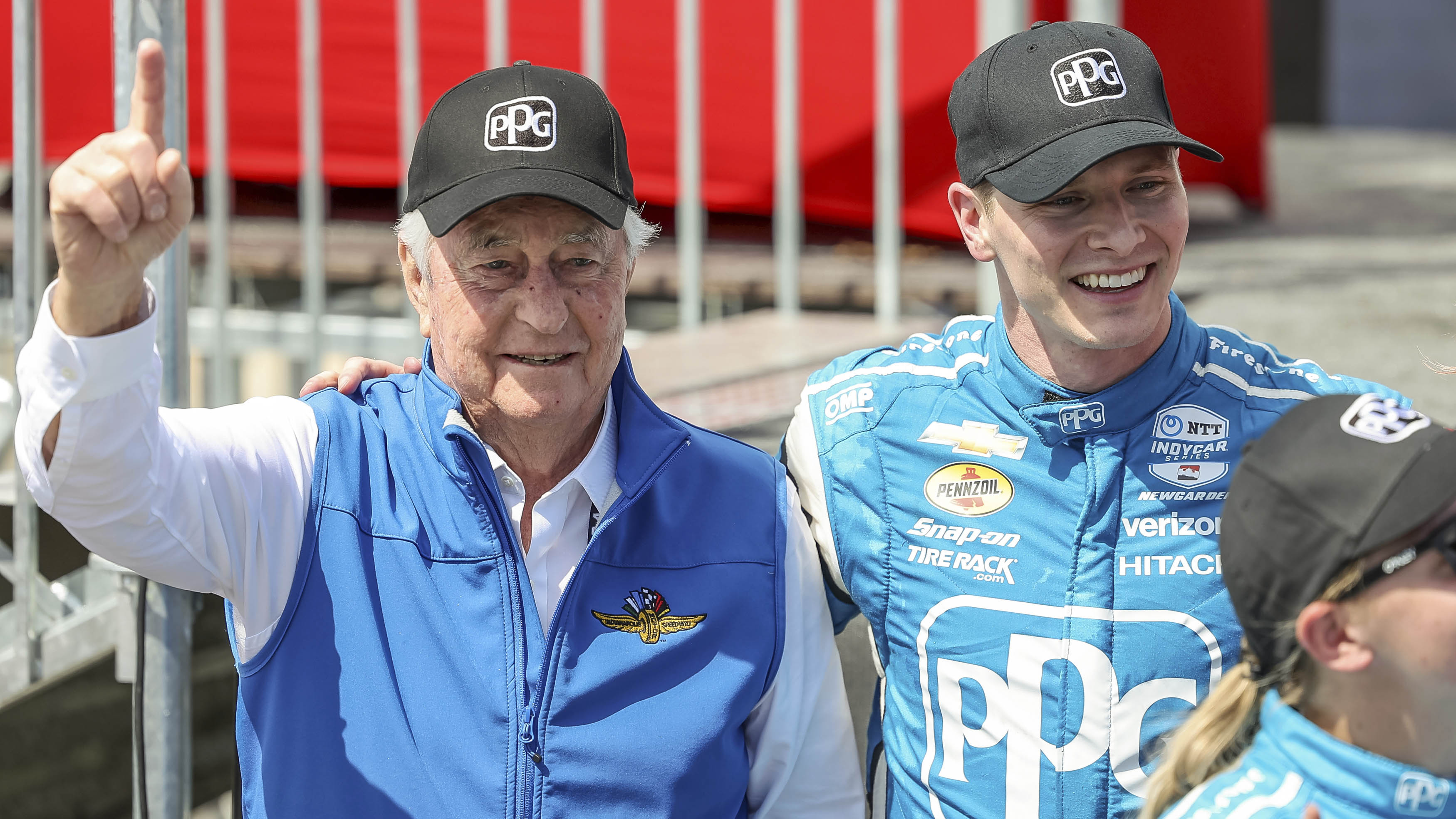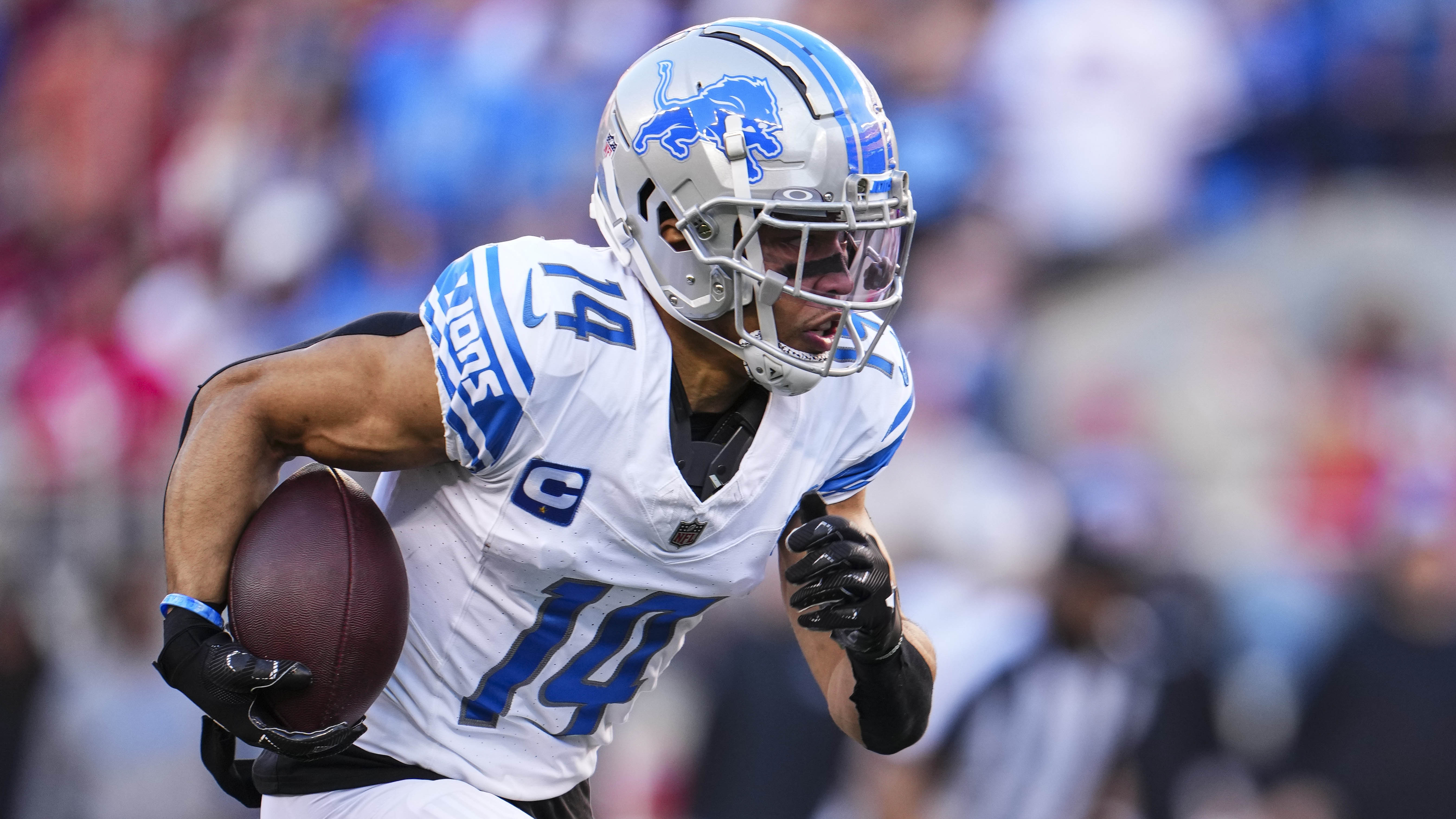
"Most teams don't come back from that ... We have to decide if we're going to be one of those special teams that does." - San Jose Sharks defenseman Dan Boyle, after his team went down 0-2 in its first-round series.
By "most teams," Boyle's talking about the 87.3 percent of teams that have lost the first two games of a series and then were eliminated. As fans from Washington to Calgary can quote like scripture these days, only 37 of the 291 teams that started in an 0-2 hole climbed out to win a series.
Are the President's Trophy winners done? Hard to say. One more game of the systemic problems that have people talking about the Sharks as playoff chokers again, and they are done. One more game of Anaheim Ducks goalie Jonas Hiller stopping every vital chance, infrequent as they are, and they are done.
The problems are many for San Jose. But here are five that, if addressed, could lead to the rally Boyle wants to believe can still happen.
1. Fix the power play, fix the power play, and when that's done, fix the power play.
The 0-for-12 mark for the Sharks' power play in the first two games, after finishing third in the League with the man advantage, is one of the most stunning numbers of the postseason. Especially when the Ducks were 23rd overall on the kill.
Sports
Get today's sports news out of Los Angeles. Here's the latest on the Dodgers, Lakers, Angels, Kings, Galaxy, LAFC, USC, UCLA and more LA teams.
If they're going to break Hiller, it needs to start on special teams.
The struggles on the power play can be directly traced to the struggles of individual Sharks. Defenseman Christian Ehrhoff is second to Boyle in PP ice time, and he's had stretches of putrid hockey this series. Joe Thornton, Milan Michalek and Patrick Marleau are three of the top four forwards in power-play time; they have one assist between them in the series.
Granted, the work being done by Scott Niedermayer, Francois Beauchemin and Todd Marchant on the kill can't be overlooked. But the Sharks should be good for at least one tally by now.
Anything on the power play in Games 1 or 2 changes the dynamic of both Ducks' wins. Maybe it's time to give a Jonathan Cheechoo or Jeremy Roenick more time on special teams. Then again ...
2. Todd McLellan needs to stop getting outcoached
... Yes, the line changes for Game 2 yielded some results: Marleau-Travis Moen-Devin Setoguchi played well against the Ryan Getzlaf line; and Cheechoo-Thornton-Roenick combined for a goal. But a President's Trophy team reshuffling the deck in Game 2 seems a little reactionary; there's a case to be made for having the lines that got you here work their way out of it.
How much benefit is there for Setoguchi, going forward, not to play with Thornton? And as EJ Hradek pointed out, the untouched line of Joe Pavelski, Ryane Clowe and Michalek accounted for a goal and a combined 14 shots.
3. Joe Thornton needs to get physical
From "Cheechew" at Battle of California:
I always defended Thornton when Boston fans criticized him for his lack of playoff success. If you are one of the top players in the league you have to show it in the playoffs. Joe has been invisible these 2 games. Randy Hahn was on sportstalk radio a few days ago and made an interesting observation. He mentioned how the Ducks were making a conscious effort NOT to hit Thornton since he plays better when he is physical. What the hell? Getzlaf and Perry are doing what Marleau and Thornton should be doing, controlling the play.
Indeed. Thornton's never exactly been a steamroller physically, but he recorded only two hits in the first two games. We take "invisible" to mean "nonassertive," and Thornton's been a pedestrian too often. A couple of nice passes in Game 2 doesn't do it. The label of playoff choker still doesn't fit as well as critics believe it does; but Joe has to join the party in Game 3 for that knock to wane.

4. Zero Heroes
The San Jose Sharks' fan boards have an award their voting on called the "Thornton Award" (Joe's not eligible to win) that goes to the Sharks forward who "exemplifies a need to choke, a playoff invisibility, and basically exemplifies a disbelief at their horrendous play."
Marleau leads the voting right now, because he's suddenly become Patrick Marleau in the playoffs again. Four shots in two games, and now playing off the Thornton line. In fact, of the nine players who had multiple game-winning goals this season, one (Cheechoo) has a goal in this postseason.
Had the Sharks rallied, Cheechoo would have been a hero of Game 2. But there wasn't another player who stepped up to complete the rally. They need Pavelski, Michalek or one of the defensemen to provide an unanticipated goal. Hell, maybe even Claude Lemieux comes through.
5. Finally, don't discuss being the Sharks with the media
Let us consider instead the Sharks, who are two games away from becoming the nation's new best example of the "F" word.
Fraud.
Other teams have disappointed in the playoffs, and not just the NHL version. Miami put up 64 points Sunday in being routed by Atlanta, and no, it doesn't matter who you're playing, 64 is ridiculous. Other teams have been persistently quick outs, especially in the NBA where the stratification of the league is so extreme that only a very few teams harbor legitimate title hopes in any given year.
But the Sharks, and we put it to you the Sharks alone, are the team that takes regular-season success, grand expectations and a fan base that until about 16 hours ago loved the team without reservation, and returned almost nothing.
With that, we mention another 'F' word: Fear.
Fear that it's all happening again. Fear that the rookie coach doesn't have the answers. Fear that geographic bragging rights are two wins away for a hated division rival. Fear that whatever weird voodoo that pervades this franchise is striking again. (We've always suspected Arturs Irbe sold his soul to beat the Detroit Red Wings and the Sharks are now forever doomed.)
Most of all, the Sharks need to deal with one very important fear: That the numbers aren't in their favor.
The one game at a time cliché notwithstanding, Boyle's right: It's time to decide whether San Jose's making history or joining the sad 87.3 percent of two-game losers-turned-golfers in NHL playoff history.



